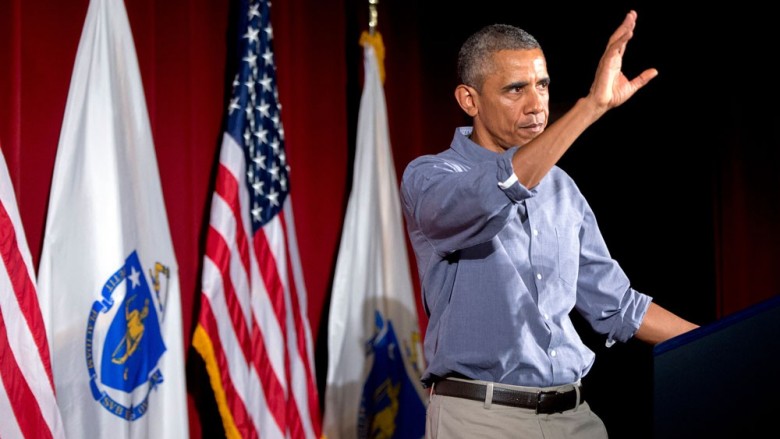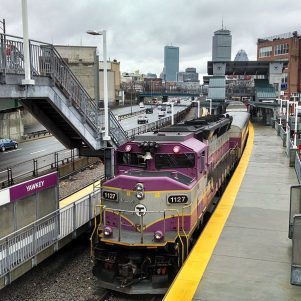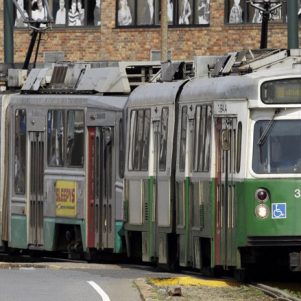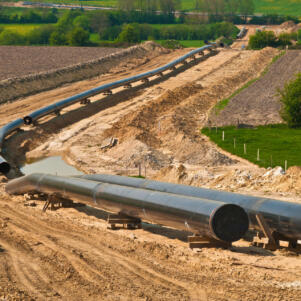A victory for Big Labor, but not necessarily for workers
By Newspaper Contributors | September 8, 2015, 6:18 EDT
 President Barack Obama speaks at the Greater Boston Labor Council Labor Day Breakfast, Monday, Sept. 7, 2015, in Boson. Obama will sign an Executive Order requiring federal contractors to offer their employees up to seven days of paid sick leave per year. (AP Photo/Andrew Harnik)
President Barack Obama speaks at the Greater Boston Labor Council Labor Day Breakfast, Monday, Sept. 7, 2015, in Boson. Obama will sign an Executive Order requiring federal contractors to offer their employees up to seven days of paid sick leave per year. (AP Photo/Andrew Harnik) Last week, the National Labor Relations Board gave unions a big win — even by the Obama administration’s labor-friendly standards. While that’s good news for labor supporters, the so-called new joint employer rule could fundamentally harm a wide range of U.S. businesses.
The NLRB, the independent federal agency which advocates for employees’ collective bargaining rights, ruled that companies can be held responsible for the labor violations of their contractors. That’s a huge change in labor law, and it could make businesses that contract services or franchise rethink those options.
The labor board, currently composed of a majority of Democrats appointed by the president, defended its decision in a statement: “The board held that its previous joint employer standard has failed to keep pace with changes in the workplace and economic circumstances.” The two Republican appointees on the board dissented, saying that “no bargaining table is big enough” for two companies.
The decision centered on a case involving the waste management company Browning-Ferris, but the impact could be felt on diverse businesses, from restaurants and retailers to construction firms and staffing agencies.
The Browning-Ferris case questioned whether the Houston-based company was responsible for how some of its contracted employees who staffed a recycling facility were treated. The labor board found that it was, and consequently had to participate in collective bargaining negotiations with those workers. In addition, the company could be held liable for any labor violations.
Companies don’t want to be responsible for employees they don’t directly control. And this is why the rule change could lead to the end of the franchise model as it now operates.
“I don’t think people realize how far-reaching it is,” says James Sherk, a research fellow in labor economics at The Heritage Foundation. “This will upend entire business models.”
There are close to 800,000 franchisees, and they have proven to be a great way for entrepreneurs to start a business.
Franchisers offer a known brand, quality control and marketing, while giving franchisees significant independence to own and run their business.
McDonald’s is one of the country’s largest franchisers, but it is certainly not the only one. Sherk points to other companies such as Terminix and Jiffy Lube as corporations that have embraced the franchise model.
The decision also significantly impacts businesses that contract out for services, such as security and janitorial.
“The decision will force franchise and contract businesses into a one-size-fits-all business model when it comes to liability and wage issues,” writes Iain Murray, vice president for strategy at the Competitive Enterprise Institute. “That may be good for labor union bosses and trial lawyers in search of big targets of opportunity, but it will hurt anyone who now benefits from flexible work arrangements.”
Sherk says the NLRB’s decision is certain to face legal challenges, and he’s doubtful the decision will stand up in court.
Given the negative implications for a host of businesses, overturning the rule is the best hope for employers — and employees — across the country.
REPRINTED FROM THE DETROIT NEWS
DISTRIBUTED BY CREATORS.COM











